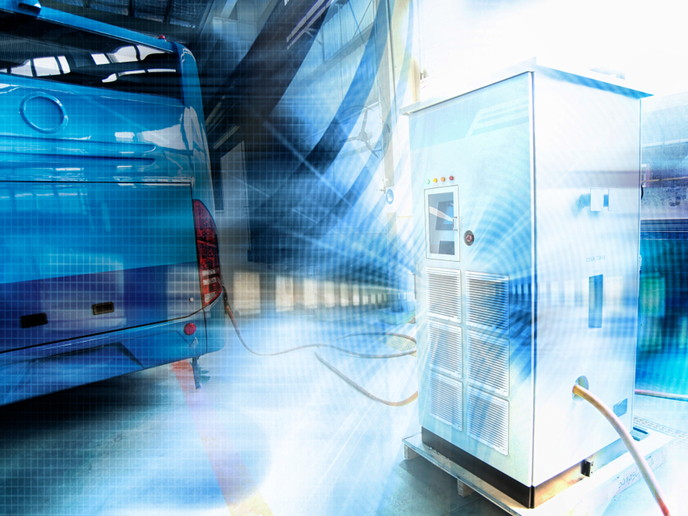Charging towards electric bus and charger interoperability
Imagine the cities of the future: cleaner, more sustainable, with eco-friendly urban transport such as electrically powered buses, garbage trucks and delivery vehicles that can be charged quickly and automatically. For this vision to become a reality, different vehicles must have the capacity to be charged at any charging unit, irrespective of brand. However, effective interoperability requires standardised charging infrastructure. A recent report(opens in new window) released by the EU-funded ASSURED project aims to further efforts to fully standardise e-bus charging infrastructure that are already in progress. Titled ‘ASSURED 1.0 Interoperability Reference’, the report aims to enable e-bus interoperability and conformance testing of vehicles and chargers. Intended for infrastructure suppliers and e-bus manufacturers, it outlines the most common automated fast-charging solutions available on the market based on published draft standards.
Who will benefit, and how?
“Innovative charging strategies outlined in the report will help drive down the total cost of ownership for electric fleet operators, helping increase adoption of eBuses and eTrucks and enabling a more sustainable future in which both noise and air pollution is significantly reduced,” says Frank Muehlon, head of project partner ABB’s global business for electric vehicle charging infrastructure, in an article(opens in new window) posted on the electrical industry portal ‘Voltimum’. According to senior scientist Marko Paakkinen of project partner VTT, the report was originally specifically developed to meet the ASSURED project’s needs. However, as he states in the press release(opens in new window) posted on the project website, “it can also be utilised in implementations by municipalities, public transport authorities, original equipment manufacturers or public transport operators alike, to ensure that interoperability can be tested until standardisation as set by the European Commission is fully finalised.” Based on the same press release, the report will undergo a standard test protocol to prove interoperability of different brands of e-buses and chargers. This is all part of the project’s efforts to develop and test high-power solutions for heavy-duty urban applications that will help reduce greenhouse gas emissions in the transport sector while also decreasing costs for owners and operators. The ASSURED team also intends to improve grid stability, so that in the future when entire fleets of vehicles are relying on charging infrastructure, there is secure energy supply.
What comes after the report?
Next, ASSURED (fASt and Smart charging solutions for full size URban hEavy Duty applications) will be using the standards outlined in the report to develop conformance and interoperability tests. The tests will begin in the fourth quarter of 2019, with results expected by June 2020. Following the testing phase, the interoperability of vehicles and chargers will be demonstrated in five European cities: Barcelona (Spain), Gothenburg (Sweden), Osnabruck (Germany), Eindhoven (the Netherlands) and Jaworzno (Poland). The demonstrations will continue until the project’s conclusion in September 2021. For more information, please see: ASSURED project website(opens in new window)
Countries
Belgium



